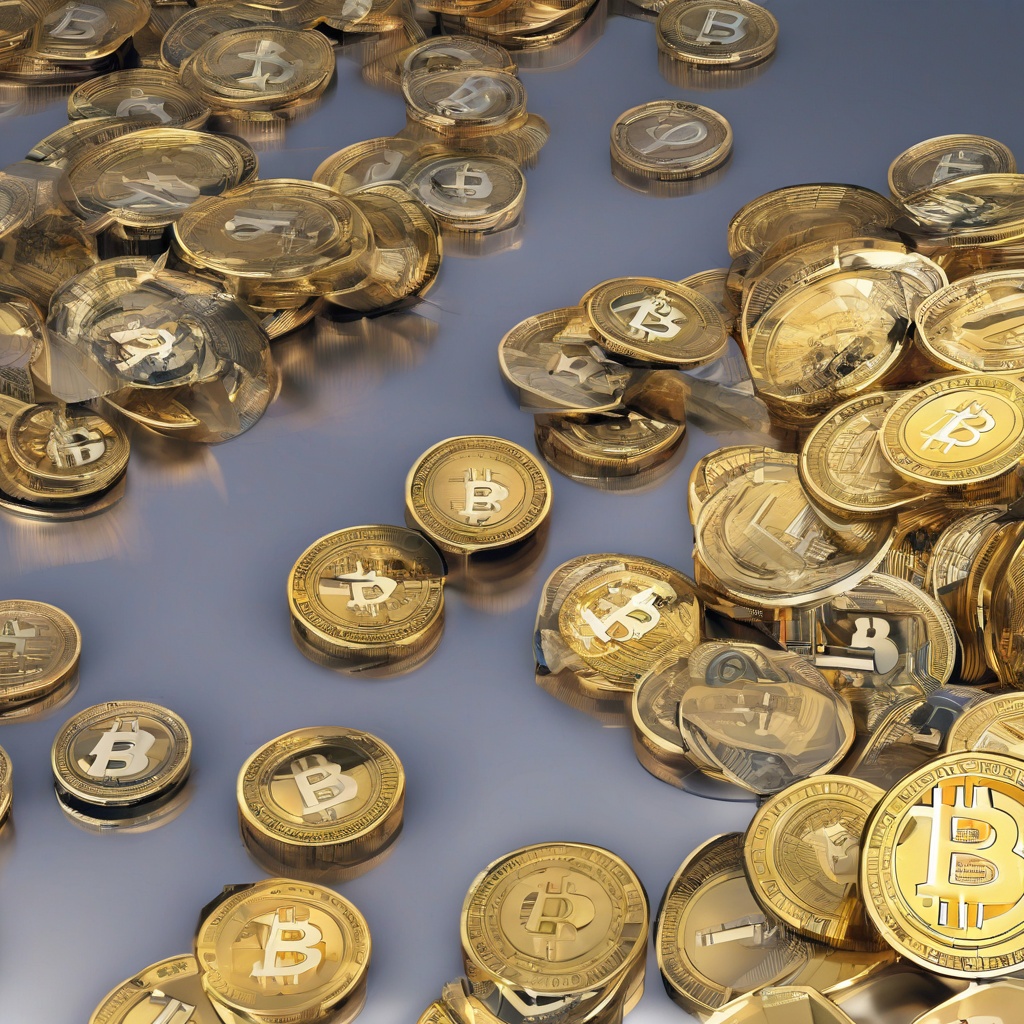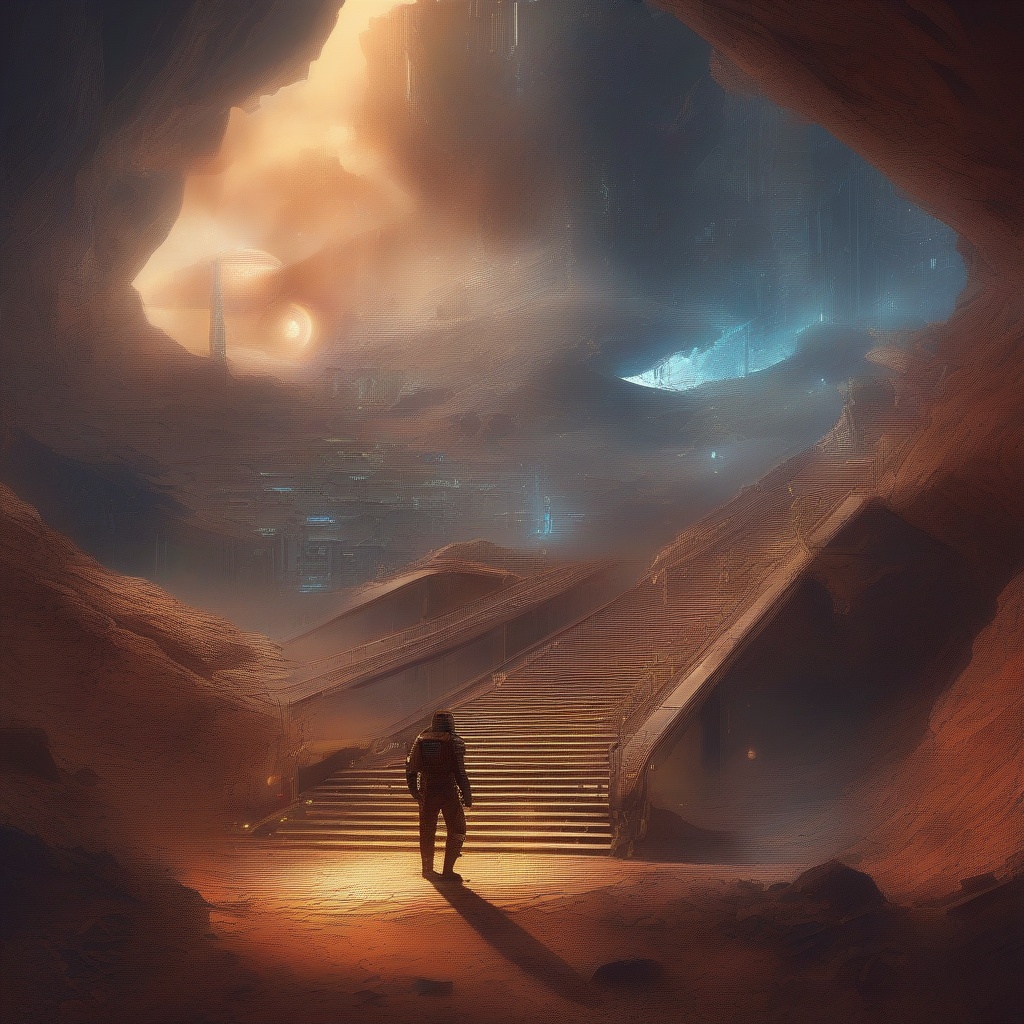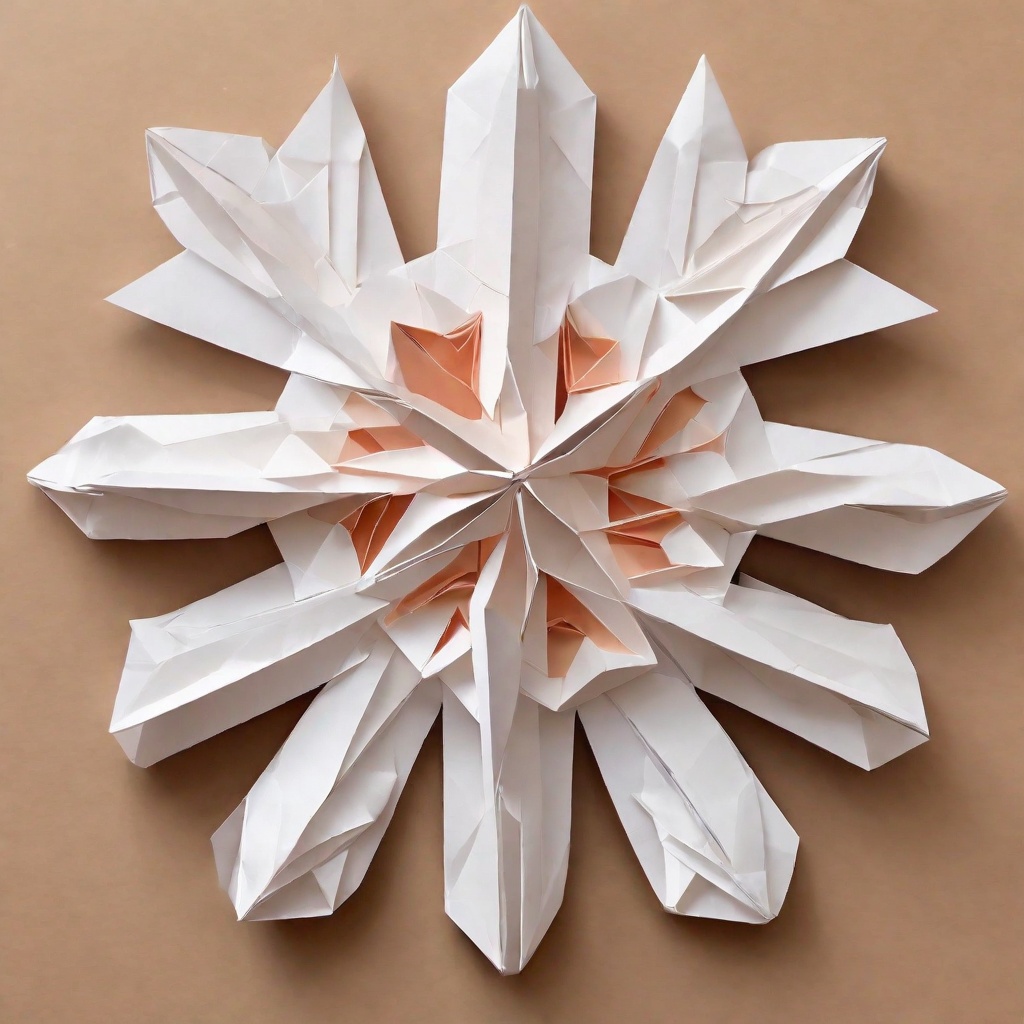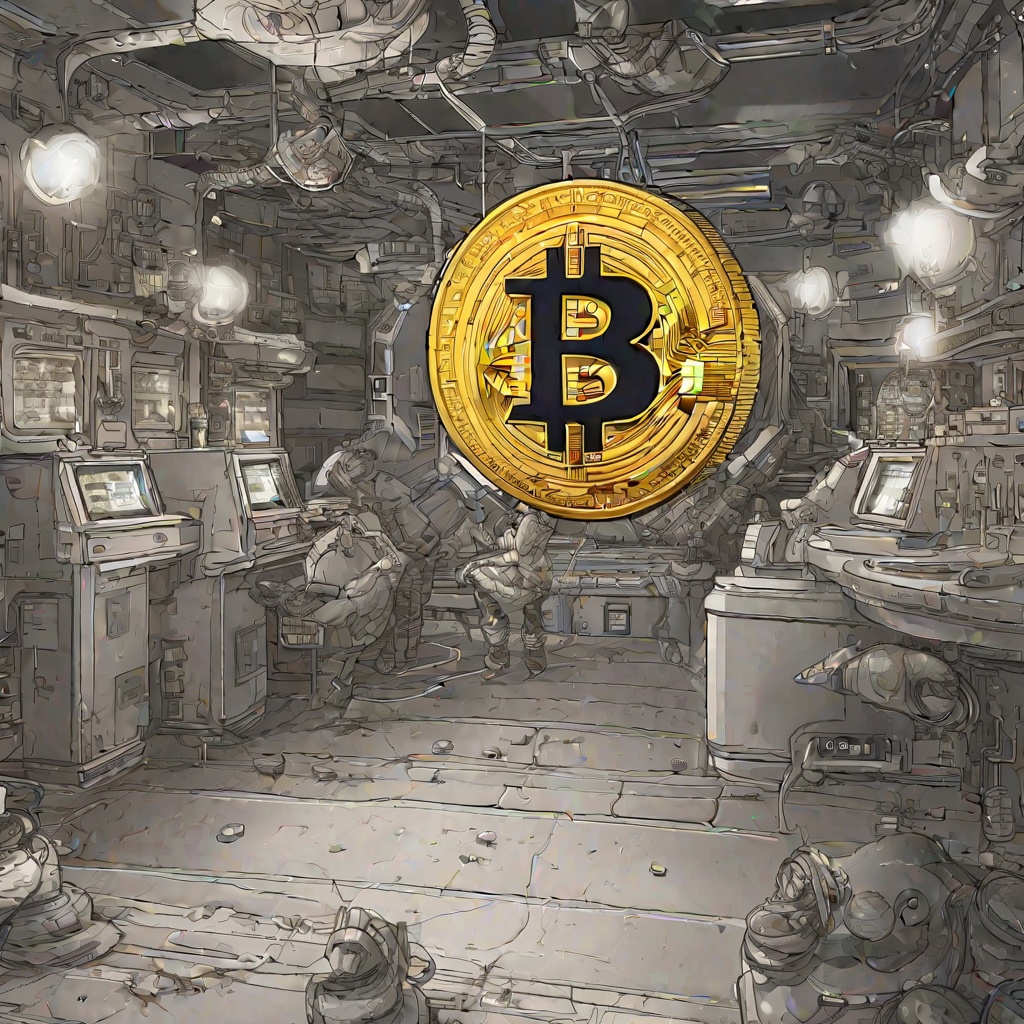What is the most decentralized blockchain in the world?
Have you ever wondered which blockchain technology truly embodies the essence of decentralization? When it comes to the most decentralized blockchain in the world, it's a question that often arises amidst the rapid advancements and diverse landscapes of the crypto industry. So, let's delve into this query and explore the intricacies of what makes a blockchain truly decentralized, and identify potential contenders for this esteemed title. What key factors should we consider when evaluating a blockchain's level of decentralization? And, ultimately, which blockchain stands out as the most decentralized among them all?

Which blockchain is best for DAO?
So, let's dive into the question: "Which blockchain is best for DAO?" First of all, it's important to understand that there's no one-size-fits-all answer here. The choice of blockchain for a Decentralized Autonomous Organization (DAO) heavily depends on several factors such as the project's specific needs, the community's preferences, and the technical requirements. However, let's consider some popular blockchains that are often used for DAOs and their respective strengths: Ethereum: Ethereum is the pioneer of smart contracts and decentralized applications, making it a natural choice for many DAOs. It offers a robust ecosystem of developers, tools, and resources, as well as a large community of supporters. However, it's worth noting that Ethereum's scalability issues and high transaction fees can be a challenge for some projects. Polkadot: Polkadot is a multi-chain network that aims to solve scalability and interoperability issues in the blockchain space. It offers a unique feature called parachains, which allow for specialized blockchains to be connected to the main relay chain. This can be beneficial for DAOs that require high levels of scalability and interoperability. Cosmos: Similar to Polkadot, Cosmos is an ecosystem of interconnected blockchains, designed to solve the scalability and interoperability problems. Cosmos uses a technology called Inter-Blockchain Communication (IBC) to allow blockchains to communicate with each other seamlessly. This can be attractive for DAOs that want to work with other blockchains and need a flexible, scalable solution. So, in conclusion, the best blockchain for a DAO depends on the specific needs and requirements of the project. Ethereum, Polkadot, and Cosmos are all popular choices, but ultimately, the decision should be based on a thorough analysis of the project's goals and constraints.

What is okt chain?
Could you please elaborate on what the okt chain is? I'm interested in understanding its purpose, functionalities, and how it differs from other blockchain platforms. Additionally, I'd like to know about its potential use cases, adoption rate, and whether it's a secure and reliable platform for transactions and smart contract execution. Is there any notable project or partnership associated with okt chain that makes it stand out in the crypto space?

Which blockchain is fully decentralized?
Can you clarify for me which blockchain network currently operates in a fully decentralized manner? I'm particularly interested in understanding if there's a consensus algorithm and governance structure that ensures no single entity or group controls the network, ensuring its resilience and autonomy. Is there a specific blockchain that has achieved this level of decentralization, and if so, what are its key characteristics and advantages?

Which blockchain are fan tokens built on?
I don't understand this question. Could you please assist me in answering it?

